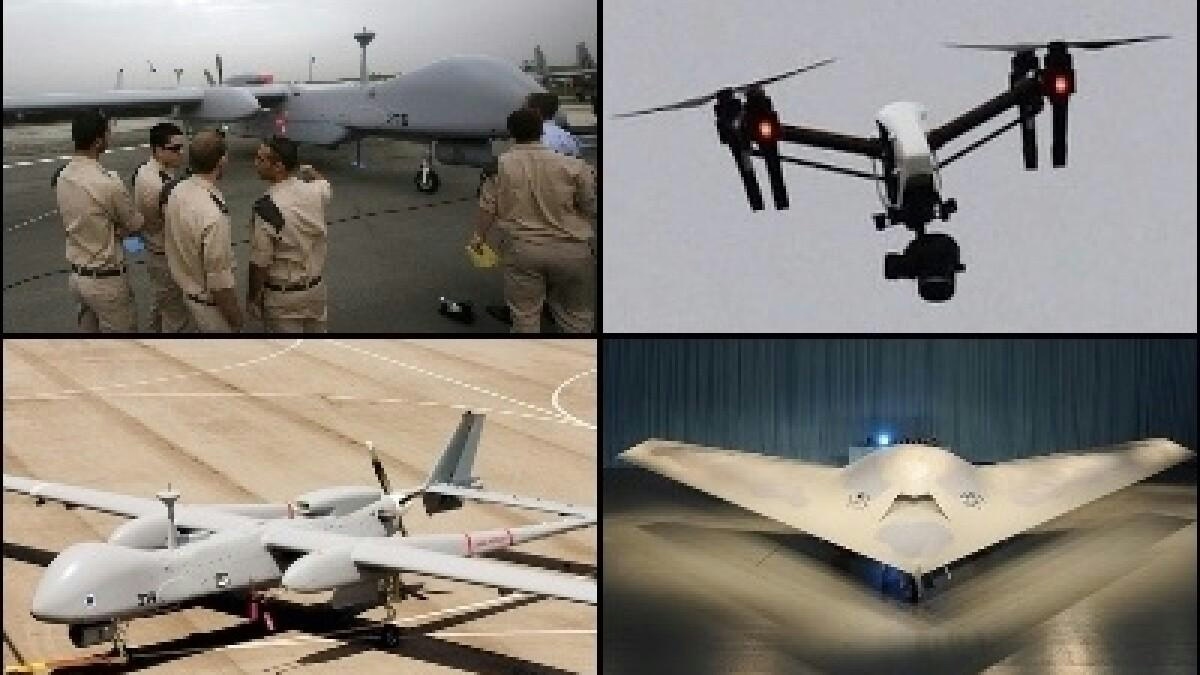AeroGenie — Your Intelligent Copilot.
Trending
Categories
Israeli Company Develops New Aviation Technology

Israeli Company Secures FAA Certification for Electric Vertical Takeoff Aircraft
Israeli aviation startup Air VEV has announced that it has obtained certification from the U.S. Federal Aviation Administration (FAA) for its Air One, a compact electric vertical takeoff and landing (eVTOL) aircraft. This approval, granted under the recently implemented MOSAIC regulation, enables the company to expand its test flights in Florida and brings it closer to delivering the aircraft to customers by 2026.
The FAA certification authorizes the Air One to operate as a light sport aircraft for private recreational use outside densely populated areas. Air VEV is the first company to receive such approval since the MOSAIC rule was finalized in August. This regulation, introduced under a Trump administration executive order, aims to promote advanced aviation technologies.
Aircraft Specifications and Market Positioning
The Air One is designed to carry two passengers or transport unmanned cargo loads of up to 250 kilograms (550 pounds). It achieves a top speed of 250 kilometers per hour (155 mph) and offers a maximum flight duration of one hour. With a target price of approximately $200,000, Air VEV positions the aircraft as a competitive option within the emerging eVTOL market. The company reports interest from around 2,500 potential buyers, although the relatively high price may limit broader market adoption.
CEO Rani Plaut highlighted the company’s efforts to influence U.S. regulatory frameworks to facilitate the Air One’s registration as a sport aircraft. He explained that Air VEV actively participated in committees and discussions leading up to the rule’s approval in August. Plaut indicated that deliveries to private customers could commence by the end of 2026. Prototype test flights are currently underway in both Israel and Florida, with FAA inspectors closely monitoring assembly and airworthiness.
The Florida facility will also function as a demonstration center for customers, partners, and investors as Air VEV seeks to build momentum in the U.S. market. The Air One’s vertical takeoff capability eliminates the need for a runway, while its folding wings enable it to fit into a standard car parking space.
Technological Innovation and Market Challenges
Air VEV distinguishes itself in the competitive eVTOL sector through its unique approach to flight mechanics. Unlike competitors that rely on complex and costly tilting mechanisms, which increase both price and certification complexity, Air VEV’s design maintains fixed propellers. This simplification facilitates operation and regulatory approval. The flight-control system is designed for users with minimal training, potentially lowering barriers to private ownership. In the U.S., a sport pilot license requires only 15 hours of training.
Despite the FAA certification, Air VEV faces challenges in expanding internationally, where regulatory environments may vary significantly. The company’s military contracts with the Israel Defense Forces and the U.S. military remain in testing phases and may encounter competition from established defense firms such as Rafael Advanced Defense Systems and Elbit Systems, both prominent in aerospace innovation.
Plaut expressed optimism about the market potential, estimating that the U.S. market for private aircraft sales could number in the hundreds of thousands annually. He suggested that this represents a new niche in aviation, where sales could reach thousands of units rather than dozens or hundreds. Nevertheless, as established aviation companies and startups accelerate their own eVTOL projects, Air VEV will need to navigate regulatory complexities and competitive pressures to secure its position in the evolving aviation landscape.

Capital A Completes Sale of Aviation Business to AirAsia X

Four Gateway Towns to Lake Clark National Park

PRM Assist Secures €500,000 in Funding

Should Travelers Pay More for Human Support When Plans Go Wrong?

InterGlobe Aviation Shares Rise 4.3% Following January Portfolio Rebalancing

Key Market Segments Shaping Airline Route Profitability Software

Locatory.com Gains Traction Among Aviation MROs and Suppliers

JetBlue Flight Makes Emergency Landing Following Engine Failure

58 Pilots Graduate from Ethiopian University

The Engine Behind Boeing’s Latest Widebody Aircraft
